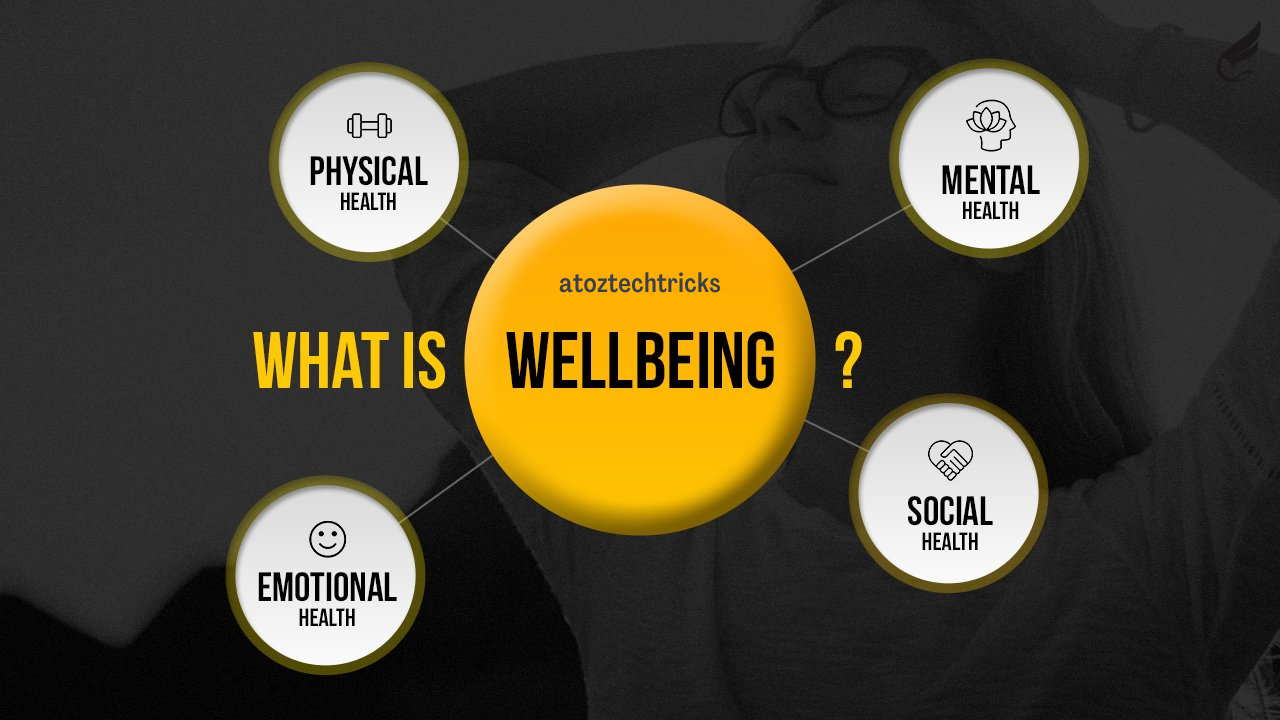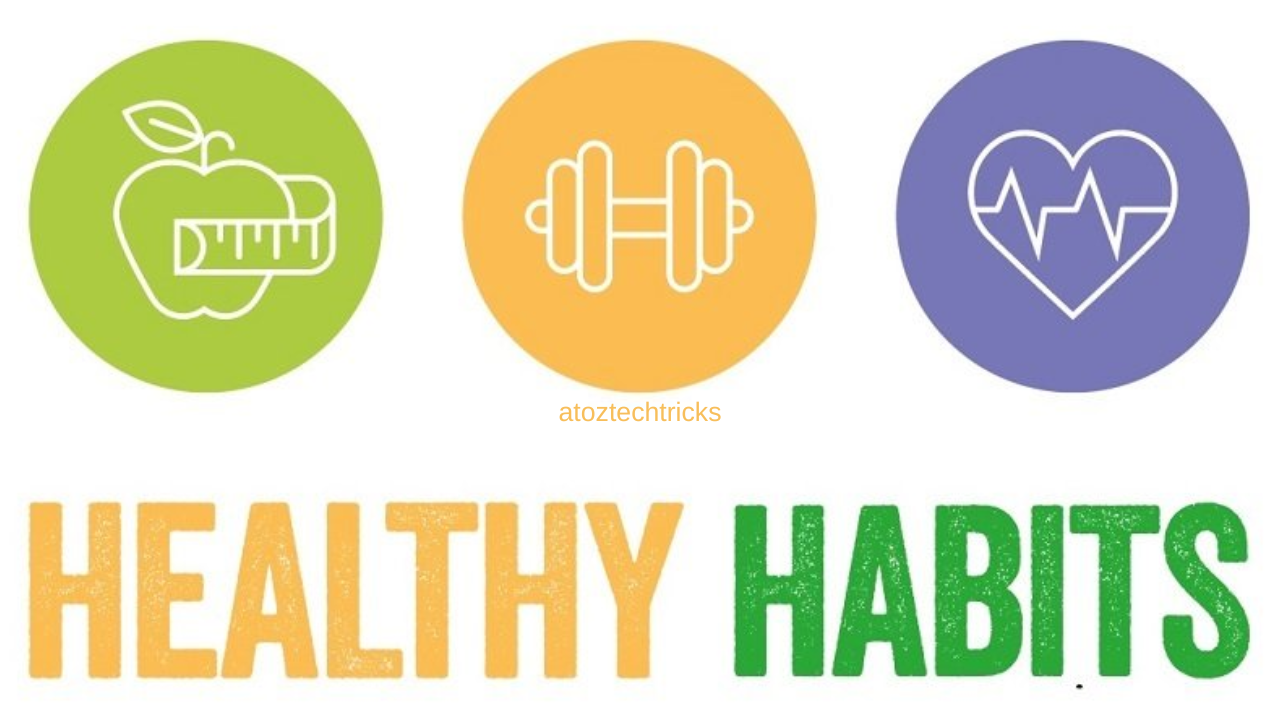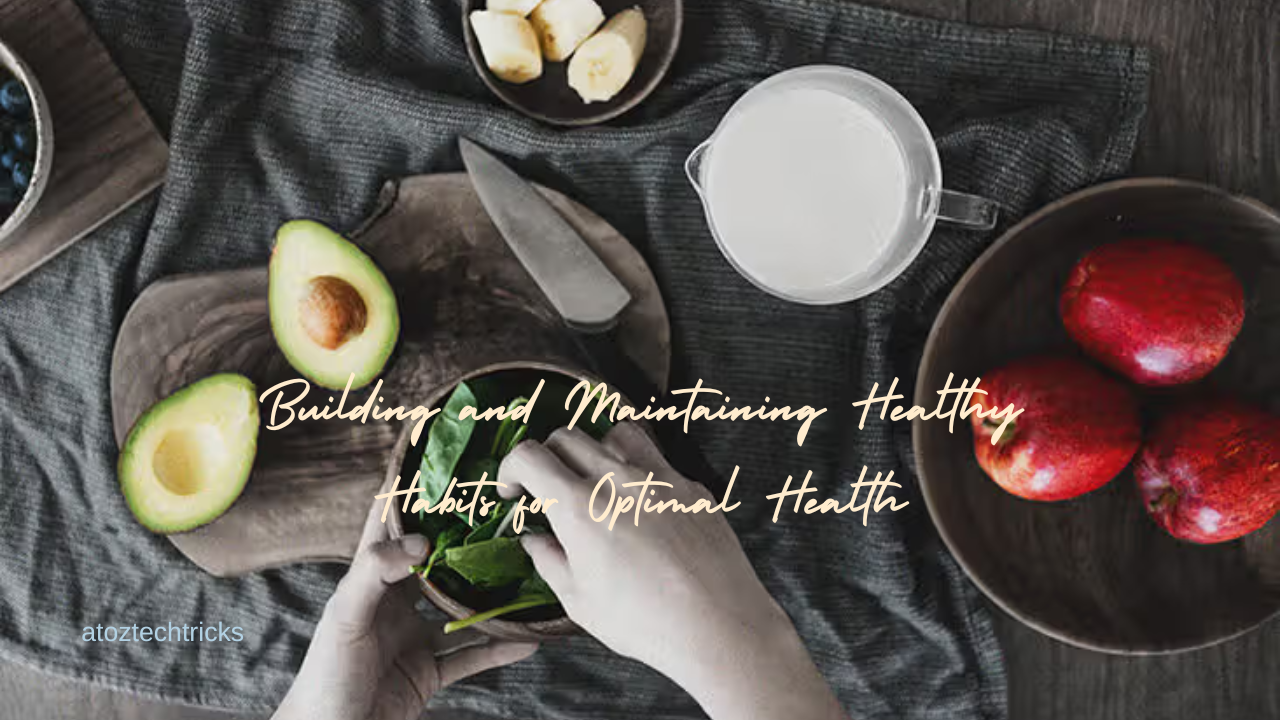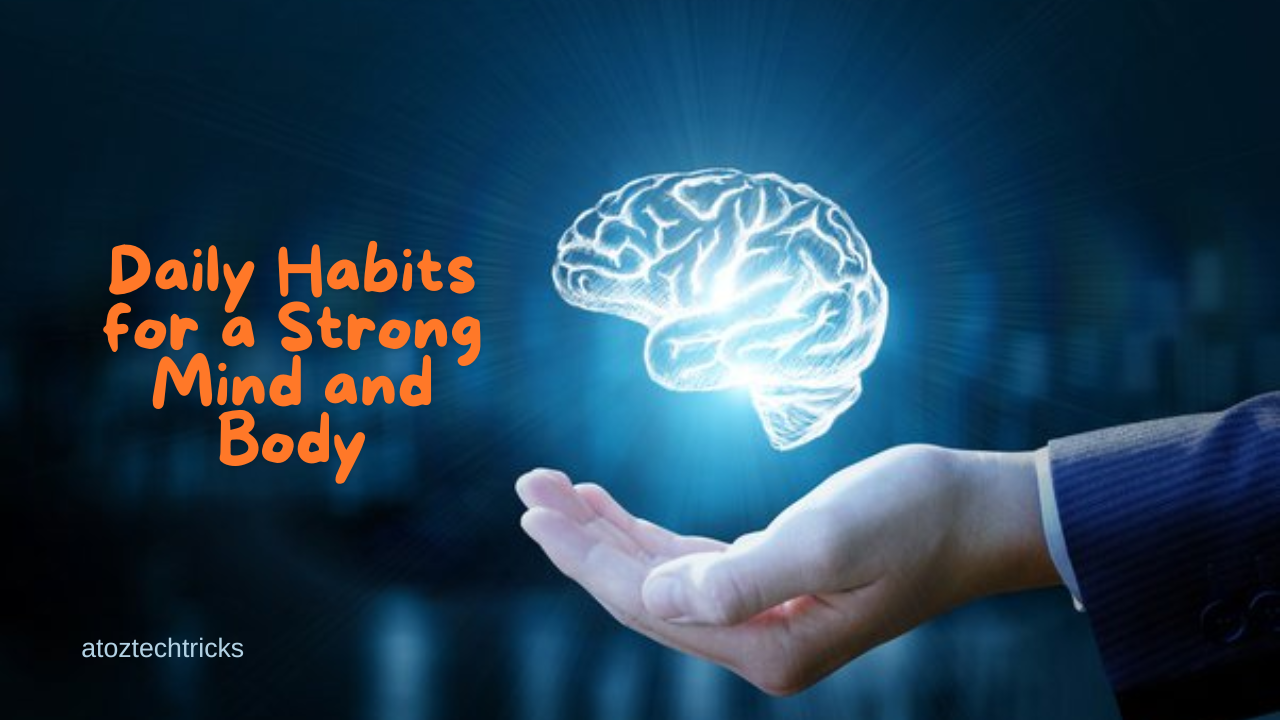Balancing Physical, Mental, and Emotional Well-Being: A Comprehensive Guide
In today’s fast-paced world, maintaining a harmonious balance between physical, mental, and emotional well-being is more crucial than ever. The interplay between these dimensions of health profoundly impacts our overall quality of life. This comprehensive guide delves into practical strategies and insights to help you achieve and sustain this vital balance.
1. Understanding the Interconnection
1.1 The Physical Dimension
Physical well-being encompasses our body’s health and functionality. It involves regular exercise, a balanced diet, sufficient sleep, and proper medical care. A strong physical foundation supports our mental and emotional health, helping us to manage stress and recover from illness more effectively.
1.2 The Mental Dimension
Mental well-being refers to cognitive functions and psychological stability. It involves the ability to think, make informed decisions, and cope with stress. Good mental health supports effective problem-solving and contributes to a positive outlook on life.
Incorporating Alternative Therapies for Holistic Health: A Comprehensive Guide
1.3 The Emotional Dimension
Emotional well-being relates to our ability to understand and manage our feelings. It involves emotional resilience, self-awareness, and the ability to build healthy relationships. Emotional health influences how we handle stress, relate to others, and make decisions.
2. Strategies for Enhancing Physical Well-Being
2.1 Regular Exercise
Engaging in physical activity is vital for maintaining physical health. Aim for at least 150 minutes of moderate-intensity exercise or 75 minutes of vigorous activity per week. Activities like walking, swimming, and cycling can improve cardiovascular health, strengthen muscles, and boost overall energy levels.
Benefits:
- Boosts Mood: Exercise releases endorphins, which can improve mood and reduce symptoms of depression and anxiety.
- Improves Sleep: Regular physical activity promotes better sleep patterns, enhancing overall restfulness.
- Enhances Cognitive Function: Exercise supports brain health, improving memory and cognitive function.
2.2 Balanced Nutrition
A well-rounded diet provides the nutrients necessary for optimal body function. Focus on incorporating a variety of fruits, vegetables, whole grains, lean proteins, and healthy fats into your diet. Hydration is also crucial; aim to drink at least eight glasses of water daily.
Benefits:
- Supports Immune System: Proper nutrition helps in maintaining a strong immune system, reducing the risk of illnesses.
- Improves Energy Levels: A balanced diet ensures that your body receives the energy it needs to function efficiently throughout the day.
- Promotes Healthy Weight: Eating a variety of nutrient-dense foods can help in managing a healthy weight.
2.3 Quality Sleep
Sleep is essential for physical recovery and overall health. Adults typically need 7-9 hours of sleep per night. Establish a consistent sleep schedule, create a restful environment, and practice good sleep hygiene, such as limiting screen time before bed.
Benefits:
- Restores Body: During sleep, the body repairs and regenerates tissues, muscles, and bones.
- Enhances Cognitive Function: Quality sleep improves concentration, memory, and learning.
- Regulates Emotions: Adequate sleep helps in managing stress and regulating emotions.
3. Strategies for Boosting Mental Well-Being
3.1 Mindfulness and Meditation
Practising mindfulness and meditation can significantly enhance mental health by reducing stress and promoting relaxation. Techniques such as deep breathing, guided meditation, and mindfulness exercises can help you stay present and focused.
Benefits:
- Reduces Stress: Mindfulness helps in lowering cortisol levels, which reduces stress and anxiety.
- Improves Focus: Regular practice enhances attention span and cognitive function.
- Promotes Emotional Regulation: Meditation fosters a greater understanding of emotions, leading to improved emotional control.
3.2 Cognitive Behavioral Techniques
Cognitive Behavioral Therapy (CBT) techniques can help in managing negative thoughts and behaviours. By identifying and challenging cognitive distortions, individuals can develop healthier thinking patterns and coping strategies.
Benefits:
- Enhances Problem-Solving Skills: CBT encourages constructive problem-solving and decision-making.
- Reduces Anxiety and Depression: By altering negative thought patterns, CBT can help alleviate symptoms of anxiety and depression.
- Improves Self-Esteem: Challenging and changing negative thoughts can boost self-confidence and self-worth.
3.3 Continuous Learning
Engaging in lifelong learning can stimulate cognitive function and maintain mental sharpness. Pursue hobbies, take up new skills, or enrol in educational courses to keep your mind active and engaged.
Benefits:
- Stimulates Brain Activity: Learning new skills and acquiring knowledge can improve brain function and delay cognitive decline.
- Boosts Confidence: Mastering new abilities can enhance self-esteem and personal satisfaction.
- Provides Sense of Purpose: Continuous learning offers a sense of achievement and purpose.
4. Strategies for Cultivating Emotional Well-Being
4.1 Building Strong Relationships
Healthy relationships contribute significantly to emotional well-being. Invest time in nurturing connections with family, friends, and loved ones. Effective communication, empathy, and support are key components of strong relationships.
Benefits:
- Provides Support: Strong relationships offer emotional support and reduce feelings of loneliness.
- Enhances Self-Worth: Positive interactions with others can boost self-esteem and emotional resilience.
- Offers Perspective: Trusted relationships provide different perspectives and advice, helping in decision-making.
4.2 Practicing Self-Care
Self-care involves activities that promote personal well-being and relaxation. This can include hobbies, relaxation techniques, and setting aside time for yourself. Regular self-care helps in maintaining a balanced emotional state.
Benefits:
- Reduces Stress: Engaging in enjoyable activities can alleviate stress and improve mood.
- Enhances Self-Compassion: Taking time for self-care fosters self-love and self-respect.
- Improves Life Satisfaction: Regular self-care activities contribute to overall happiness and satisfaction.
4.3 Seeking Professional Help
If you find it challenging to manage emotional well-being on your own, seeking help from a mental health professional can be beneficial. Therapists and counsellors can provide guidance and support for various emotional and psychological issues.
Benefits:
- Offers Expert Guidance: Professionals provide strategies and tools to manage emotional difficulties effectively.
- Provides a Safe Space: Therapy offers a confidential environment to explore and address emotional concerns.
- Facilitates Personal Growth: Professional support can lead to greater self-awareness and personal development.
5. Integrating Physical, Mental, and Emotional Health
Achieving balance requires an integrated approach that considers all aspects of well-being. Here are some strategies to harmonize physical, mental, and emotional health:
5.1 Creating a Routine
Develop a daily routine that incorporates physical activity, mental stimulation, and emotional self-care. A structured routine can help in managing time effectively and ensuring that all dimensions of health are addressed.
Tips:
- Plan Physical Activities: Schedule regular exercise sessions throughout the week.
- Include Mental Stimulation: Allocate time for learning, hobbies, or cognitive exercises.
- Prioritize Self-Care: Set aside moments for relaxation and emotional reflection.
5.2 Setting Realistic Goals
Set achievable goals for each area of well-being. Break down larger goals into smaller, manageable steps and celebrate progress along the way. Realistic goals help in maintaining motivation and avoiding overwhelm.
Tips:
- Physical Goals: Set targets for exercise frequency, duration, or dietary changes.
- Mental Goals: Focus on improving specific cognitive skills or learning new information.
- Emotional Goals: Aim to build and strengthen relationships or practice self-care routines.
5.3 Balancing Work and Personal Life
Striking a balance between work and personal life is essential for overall well-being. Ensure that work responsibilities do not overshadow personal time, and make space for activities that promote relaxation and fulfilment.
Tips:
- Establish Boundaries: Set clear boundaries between work and personal time to prevent burnout.
- Schedule Breaks: Take regular breaks throughout the workday to recharge and reduce stress.
- Engage in Leisure Activities: Participate in hobbies and activities that bring joy and relaxation.
Balancing physical, mental, and emotional well-being is a dynamic and ongoing process. By integrating strategies that address each dimension of health, you can achieve a more harmonious and fulfilling life. Prioritize self-care, seek support when needed, and maintain a holistic approach to health to foster a balanced and enriched existence. Remember, the journey towards well-being is personal and unique, so adapt these strategies to suit your individual needs and preferences.






Post Comment